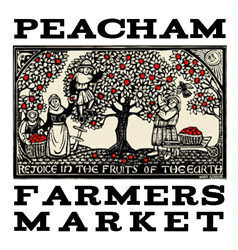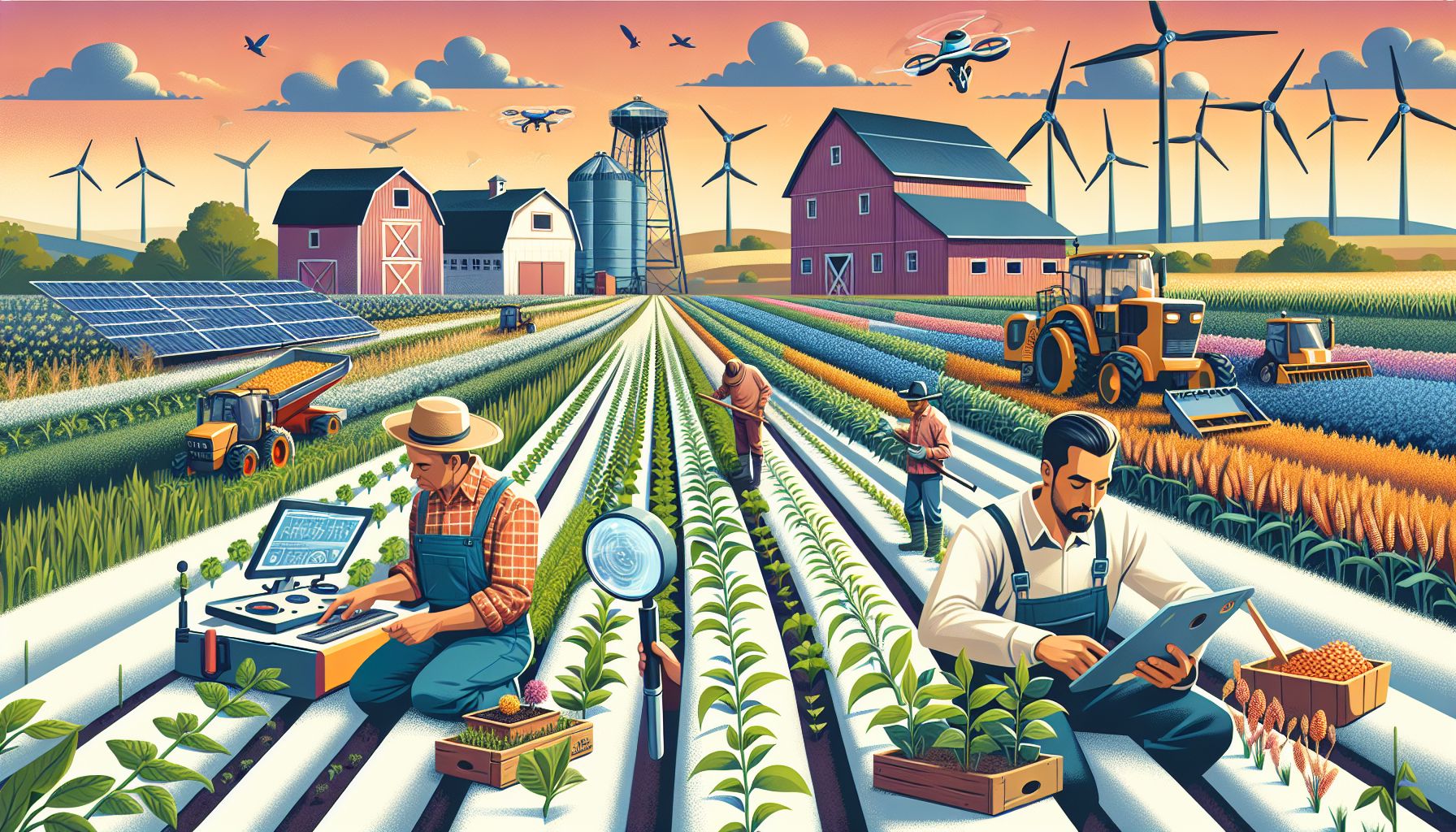Farming has been a fundamental activity for human sustenance since ancient times. However, it has evolved greatly, especially in the last few decades. The traditional methods of farming have given way to more modern and sustainable practices. As we continue to see shifts in climate, population growth, and technological advancements, the future of farming is constantly evolving. In this blog post, we will explore the latest trends in sustainable agriculture, the challenges faced by modern farmers, and the impact of farming on the environment.
Sustainable farming practices have become increasingly important in recent years as we witness the consequences of climate change and the need for conservation of natural resources. Sustainable farming is a holistic approach to farming that considers the long-term effects on the land, animals, and community. This method aims to minimize the use of non-renewable resources and to promote environmental, economic, and social viability.
One of the latest trends in sustainable agriculture is the use of technology. Farmers are now utilizing advanced techniques such as precision farming, which uses satellite imagery, drones, and other sensors to gather data and optimize planting, irrigation, and harvesting. This not only improves efficiency but also reduces the environmental impact by minimizing the use of resources such as water and fertilizers.
Another trend in sustainable farming is the adoption of agroforestry. Traditionally, farmers would clear land to plant crops, but this method has proven to be detrimental to the environment. Agroforestry, on the other hand, involves planting trees alongside crops, providing a more diverse and sustainable ecosystem. This allows for better utilization of resources, soil conservation, and increased biodiversity.
However, despite these advancements, modern farmers still face many challenges. The increasing demand for food production to feed a growing global population puts pressure on farmers to produce more. This leads to the use of intensive farming practices, which often rely on large amounts of chemicals, genetically modified organisms (GMOs), and monocultures. These practices can have negative impacts on the environment, such as soil erosion, water pollution, and loss of biodiversity.
Additionally, farmers face economic challenges, such as rising costs of production, unpredictable weather patterns, and changing consumer preferences. Many small-scale farmers struggle to make a decent living due to the low prices they receive for their products. This contributes to food insecurity and poverty in rural communities.
Furthermore, modern farming practices have a significant impact on the environment. Land clearing, use of chemicals, and emissions from farming equipment all contribute to greenhouse gas emissions and climate change. Agriculture is responsible for around 24% of global greenhouse gas emissions, making it a significant contributor to the climate crisis.
However, the future of farming is not all bleak. The rise of sustainable farming practices gives hope for a more environmentally friendly and socially just food system. Governments, consumers, and producers are becoming more aware of the need for sustainable food production. Many are now implementing policies and initiatives to promote sustainable farming practices.
As consumers, we can also play a vital role in supporting sustainable farming by choosing to buy locally grown, organic, and fair trade products. By doing so, we not only support sustainable farming practices but also promote a healthier and more environmentally friendly food system.
In conclusion, farming has come a long way from its traditional roots. With the increasing pressure to produce food sustainably, the focus has shifted towards more modern and environmentally friendly practices. While there are challenges that need to be addressed, the future of farming looks promising with the adoption of sustainable practices and growing awareness of the impact of farming on the environment. As consumers, let’s do our part in supporting sustainable farming and contributing to a healthier and more sustainable world.

